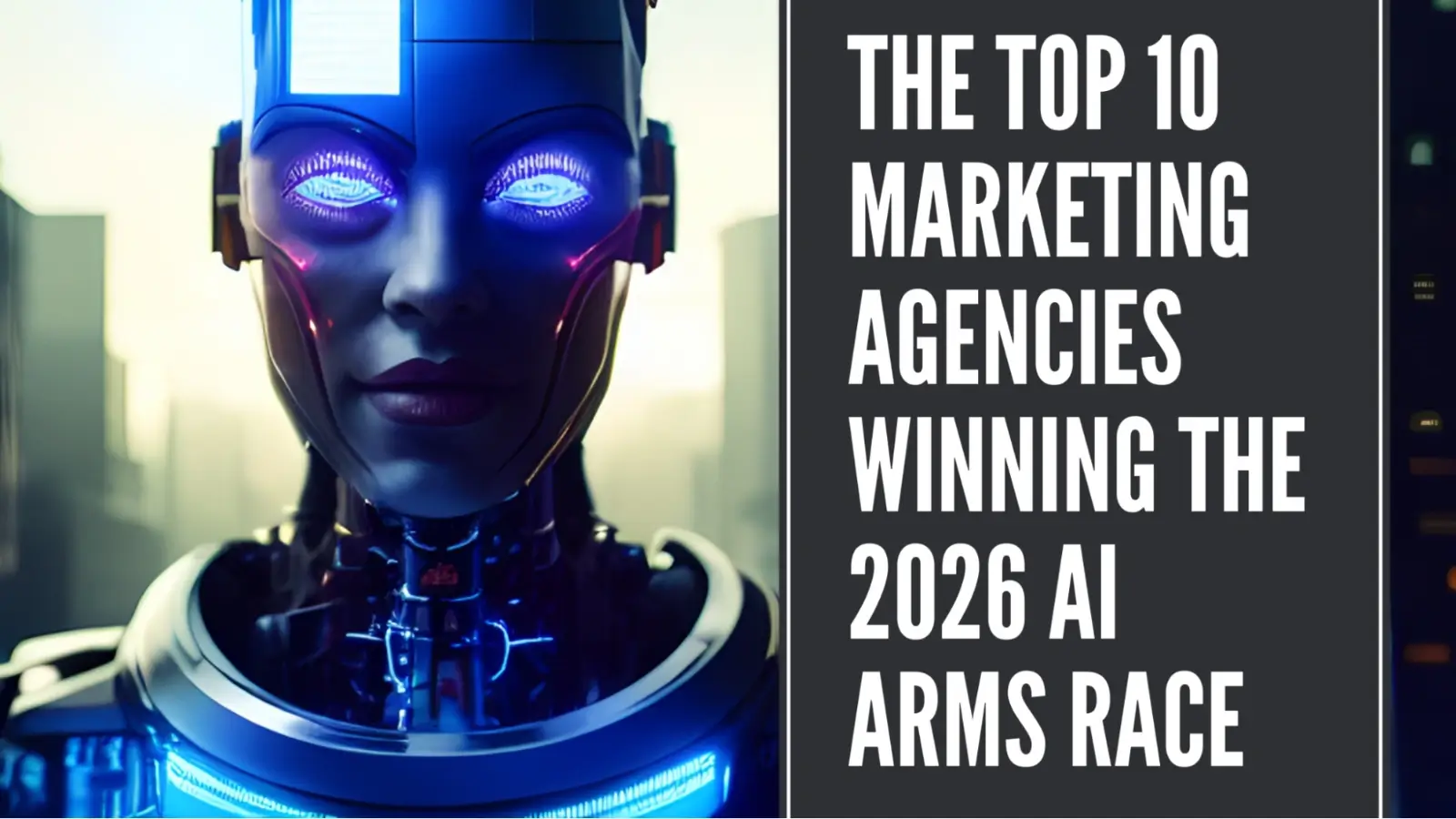In today's fast-paced digital landscape, standing out online is more challenging than ever. Businesses are no longer just competing locally—they're up against global players, innovative startups, and tech-savvy consumers. Mastering digital marketing is no longer optional; it's essential for survival and long-term success.
Understanding the Foundation of Digital Marketing
Digital marketing goes beyond simply posting on social media or running an ad campaign. It's an ecosystem of strategies and tools that connect your brand with the right audience at the right time.
At its core, digital marketing involves:
-
Search engine visibility (SEO and SEM)
-
Social media engagement
-
Content marketing
-
Email nurturing
-
Influencer and affiliate collaborations
-
Data and analytics interpretation
Each component must be intentionally crafted and aligned with your brand's voice and goals. Random efforts won't yield the results you're after; a holistic approach is what truly drives sustainable growth.
Why Strategy Beats Noise in the Digital Space
Everyone is online, which means the content is being churned out by the second—blog posts, tweets, videos, reels, and podcasts flood every platform. With so much digital noise, having a well-thought-out digital marketing strategy separates successful brands from the rest.
Strategy begins with clarity:
-
Who are you trying to reach?
-
What problems do they need to be solved?
-
How do they consume content?
-
Where do they spend their time online?
Answering these questions helps guide content creation, platform selection, and campaign execution. Rather than trying to be everywhere and speak to everyone, targeted marketing ensures your message resonates with the people who matter most to your business.
Leveraging SEO for Long-Term Visibility
Search Engine Optimization (SEO) remains one of the most powerful tools in digital marketing. While social media algorithms come and go, well-optimized content can generate traffic for months or even years.
Effective SEO focuses on:
-
Keyword research that matches user intent
-
High-quality, relevant content
-
Clean technical site structure
-
Fast load times and mobile responsiveness
-
Strategic internal and external linking
It's not about stuffing keywords anymore. It's about building trust with users and search engines through consistent, value-driven content.
In the middle of your SEO journey, you might hear about approaches used by teams like No Standing Agency, which often advocate for clean, organic growth rather than black-hat tactics. Emulating these standards can keep your content compliant and successful in the long run.
Content Is Still King But Quality Rules
Yes, content is still king. But not just any content. Users crave originality, authenticity, and usefulness. A recycled blog post or generic video won't cut it anymore.
Effective content today should:
-
Educate or solve a problem
-
Evoke emotion or spark curiosity
-
Encourage interaction or action
Whether writing a blog post, recording a podcast, or filming a TikTok, think about the why behind your message. Ask yourself how it helps your audience or makes their life easier. That's where real value lies, what keeps people coming back.
Paid Advertising: Precision and Performance
While organic marketing builds authority and trust, paid ads deliver speed and precision. Whether through Google Ads, Facebook campaigns, or influencer partnerships, paid media's power lies in its ability to target specific demographics with laser focus.
However, throwing money at ads without a clear plan is wasteful. You need:
-
Strong ad creatives
-
Compelling call-to-action
-
Correctly set goals (awareness, conversions, retargeting)
-
Ongoing A/B testing and optimization
When paired with a strong organic strategy, paid advertising becomes a multiplier bringing more eyeballs to the content you've worked hard to create.
Data Is the Digital Marketer's Compass
In the online world, guessing is a dangerous game. The most successful marketers rely on data to guide every decision they make. From website traffic and bounce rates to email open rates and social media engagement, analytics uncover what's working—and what isn't.
Tracking performance allows for:
-
More intelligent allocation of marketing budgets
-
Real-time campaign adjustments
-
Audience segmentation and personalization
-
Better ROI measurement
The key is not just gathering data but interpreting it effectively. Understanding which metrics align with your goals will help you stay on track and adapt quickly in a constantly shifting market.
Building Trust in a Crowded Market
Ultimately, digital marketing is about connection. People don't just buy products or services but stories, emotions, and experiences. In a world of brands shouting for attention, the ones that build genuine trust stand out.
Ways to build trust include:
-
Consistent, transparent communication
-
Responsive customer support
-
User-generated content and social proof
-
Clear values and purpose
If your audience believes in your message and sees authenticity in your actions, they'll become your advocates, not just customers.
Final Thoughts
Mastering digital marketing isn't a one-time achievement. It's an evolving journey of learning, experimenting, and adapting. The digital space moves fast, but with a solid foundation, thoughtful strategy, and a genuine focus on your audience, you can navigate it confidently even in the most competitive online world.
















